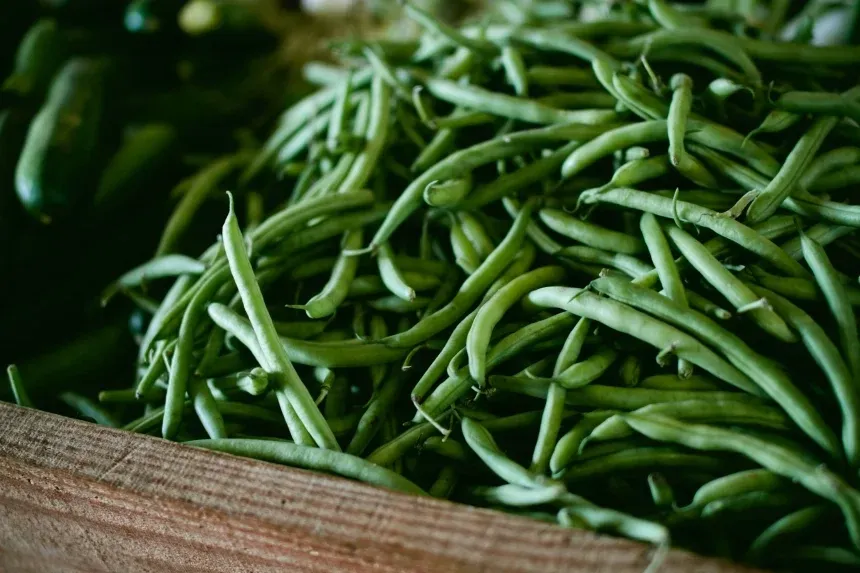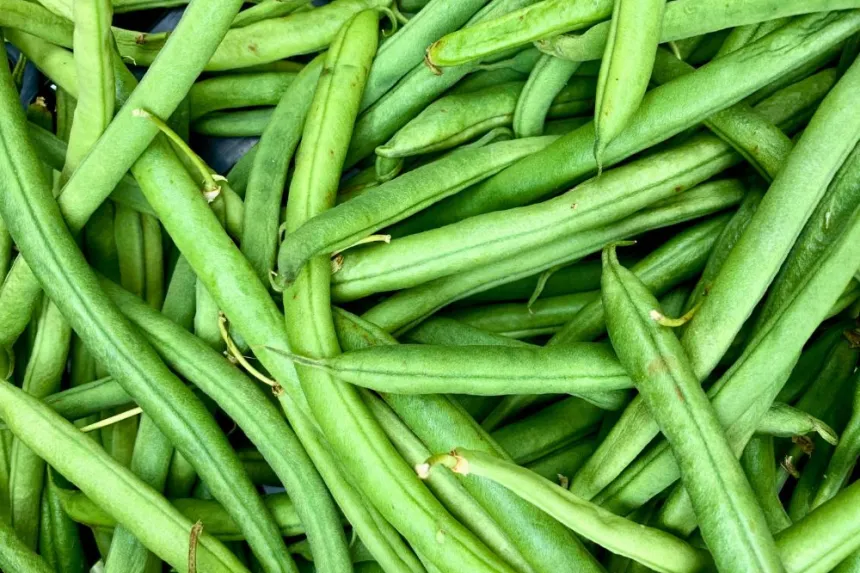Benefits of beans for health in winter

Beans are a versatile and nutritious food that becomes a perfect ally during the colder months of the year. This legume is not only a comforting dish, but it also offers multiple health benefits. Below, we will explore the properties of beans and how they can enhance our well-being in winter.
Nutritional Properties of Beans
Beans are a rich source of essential nutrients. They contain high-quality protein, making them an excellent option for those looking to obtain protein without resorting to meat. Additionally, they are rich in complex carbohydrates, which provide sustained energy and are ideal for cold days.
A serving of beans offers a significant amount of fiber, which promotes digestive health and helps maintain a healthy weight. Fiber also helps regulate cholesterol and blood glucose levels, thereby contributing to the prevention of cardiovascular diseases and diabetes.
Vitamins and Minerals
Beans are not only rich in macronutrients, but they are also packed with vitamins and minerals. They contain iron, a crucial mineral for the production of hemoglobin, as well as magnesium, which is essential for muscle and nerve function. Moreover, they are a source of folic acid, an essential nutrient for cellular health and particularly important for women of childbearing age.
Benefits of Consuming Beans in Winter
Consuming beans during winter can offer several health benefits:
Increased Energy
Cold weather can affect our energy levels, and beans are an excellent choice to combat fatigue. Their content of carbohydrates and protein provides lasting energy, keeping our activity levels up even on the coldest days.
Strengthening the Immune System
The protein and fiber present in beans boost the immune system, helping our bodies fight off colds and other seasonal illnesses. Additionally, the antioxidants found in these legumes help reduce inflammation and protect our cells from damage caused by free radicals.
Read also
Improved Digestive Health
The large amount of fiber that beans contain promotes good digestive health. During winter, it is common for people to experience gastrointestinal issues due to changes in diet and lifestyle. Including beans in meals can help regulate bowel movements and prevent issues like constipation.
How to Incorporate Beans into the Diet
Incorporating beans into the daily diet is simple and practical. They can be prepared in various ways: stews, salads, soups, or simply as a side dish. They can also be combined with other foods such as vegetables, lean meats, or whole grains to further enrich their nutritional profile.
It is important to remember that dried beans should be soaked before cooking, which makes them easier to digest and improves nutrient absorption. For those who prefer a quicker option, canned beans are a convenient alternative, but it is advisable to rinse them to reduce sodium content.
Conclusion
Beans are a food full of benefits that can help improve our health during winter. From their ability to provide energy to their role in strengthening the immune system, this legume is a smart choice to keep us healthy in the cold season.
If you found this information interesting, I invite you to continue exploring more health and nutrition news on my blog. See you next time!











































